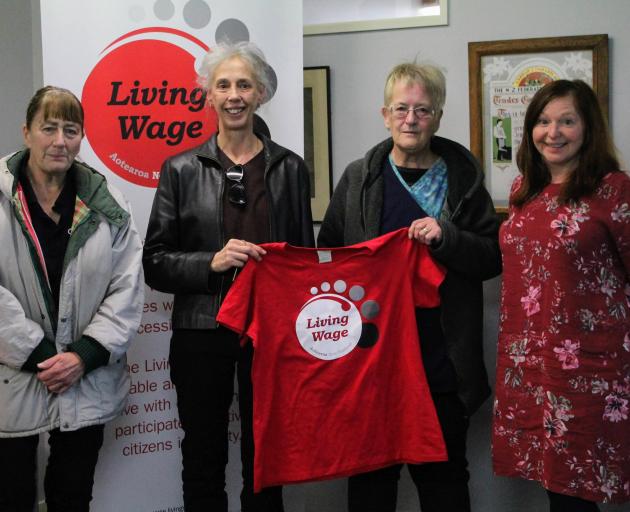
Invercargill sisters Barbara and Pam Ashbrook have been working as cleaners for 43 and 30 years, respectively.
They felt proud of their job which many times was taken for granted.
They worked in a school with only male pupils and they had to deal with all sorts of cleaning challenges — once they even found pyjama pants in a toilet.
"I think since Covid-19, people have understood the importance and appreciate our jobs more," Barbara said.
"But while there was an improvement, there is still a need for a better financial recognition."
Pam said her hourly rate was about $22.
With the rising living costs, she was feeling a struggle to deal with her weekly budget — especially because cleaners were often contract workers and had more than one employer.
"That means you pay more tax on your second income which makes things even harder.
"I don’t remember the last time we had some spare money — last time I went out for dinner was because my daughter gave us a voucher to celebrate our wedding anniversary."
Her sister agreed.
"I would love to be able to take my grandchildren to the movies or do something with them, but it is too expensive."
Invercargill woman Shona Connor had been working at the Southland Boys’ High School hostel for about nine years, cooking meals for the boarders.
She was also feeling the burden of rising costs.
"It is embarrassing to go do groceries and you need to mentally calculate what you can have in your basket."
Ms Connor and the Ashbrook sisters were part of a group working with the union in a campaign to raise awareness and pledged for school cleaners, caretakers and canteen staff to earn the living wage.
"We all go through school and we’re all shaped by it — and they do shape society, Ms Connor said.
"It would be good to see them lead by example, and say, ‘Hey, look, we’re actually quite proud of our workers’.
"Some of our kids are going to become school workers and we’d like to see them getting a living wage too."
Living wage representative and E tu organiser Jinette Oliver said the living wage was $23.65, but from September would be $26 an hour.
The term living wage referred to a theoretical income level that allowed individuals or families to afford adequate shelter, food, and other necessities, she said.
"School caretakers, cleaners, canteen and grounds workers employed by private contractors are employed on the statutory minimum wage which is currently $22.70 an hour or very close to it."
She said the campaign would not create a burden for schools, but instead show a desire for them to set an example.
"We will be asking the school to support the living wage being paid to the workers employed by school contractors.
"Then we would present this document for the Government so they can provide the funds for the initial increase and the ongoing adjustments."
An official launch was planned for next month and it was projected 8500-10,000 workers could be affected by the campaign.












